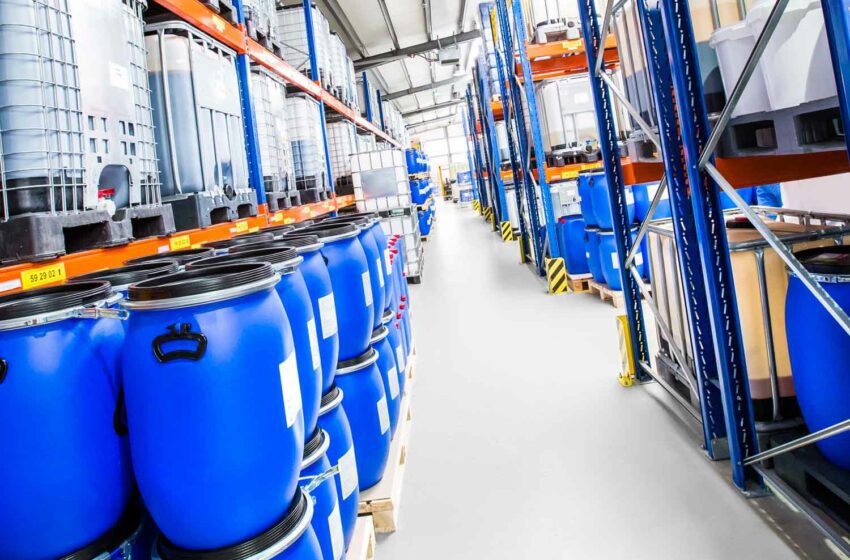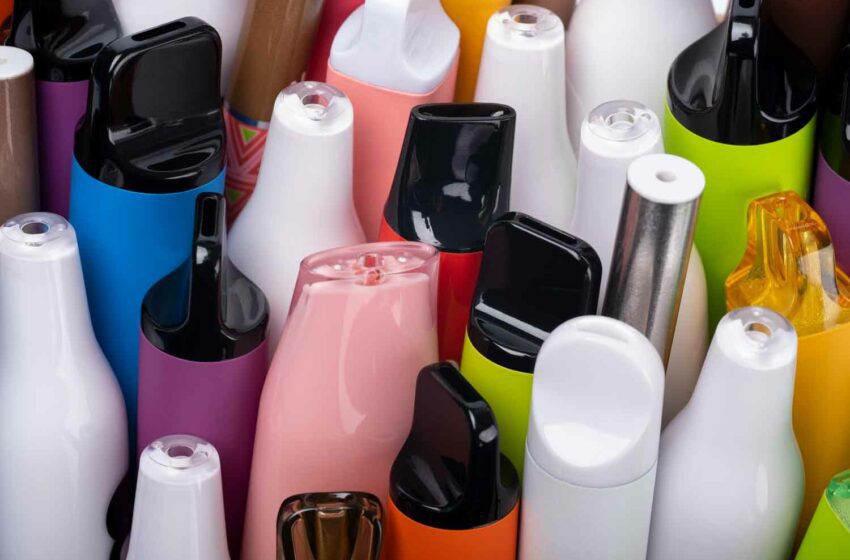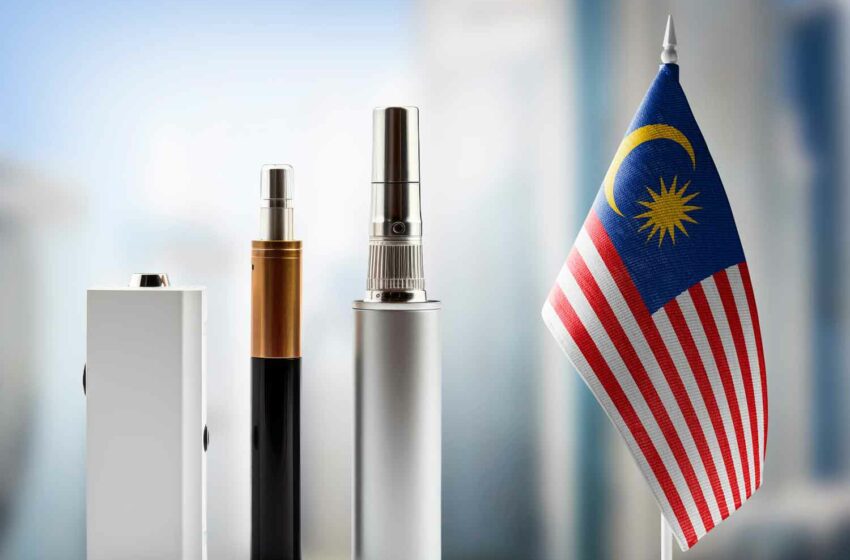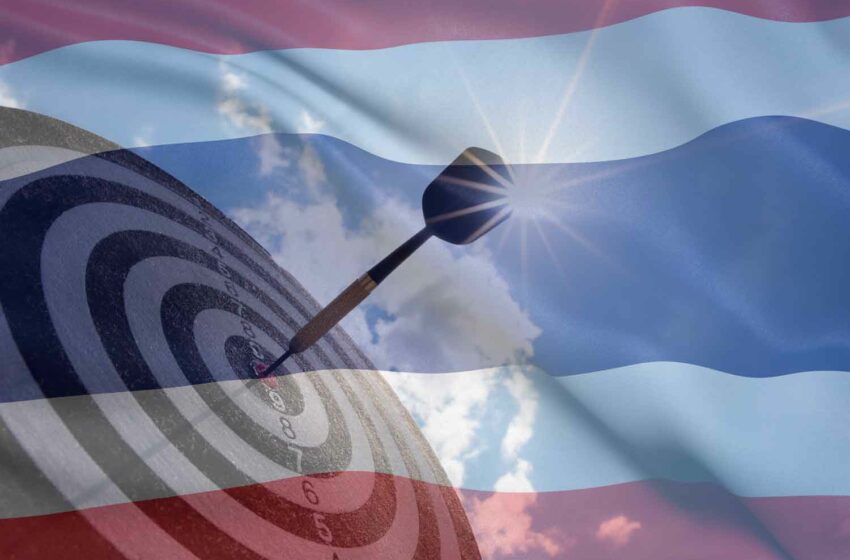
The Ministry of Health and Welfare wants to ban 27 types of chemicals from being used in tobacco products, vapes and heat-not-burn devices, reports The Taipei Times.
The list includes vanillin, maltol and heliotropin among other chemical compounds commonly used as additives in flavored tobacco products. Without these substances, manufacturers would be unable to produce popular flavors such as caramel, butter, almond, rose, coconut, raspberry, vanilla and cheese,
The new proposal would enable the ministry to remove more than half of flavored tobacco products from the market, according to Lo Su-ying, who heads the Health Promotion Agency’s Tobacco Control Division.
Under the draft rule, manufacturers and importers of products containing the banned substances would risk fines of between NTD1 million ($30,846) and NTD5 million, while sellers would incur penalties of between NTD10,000 and NTD50,000.
The government will subject the proposal to a 60-day public consultation.




















